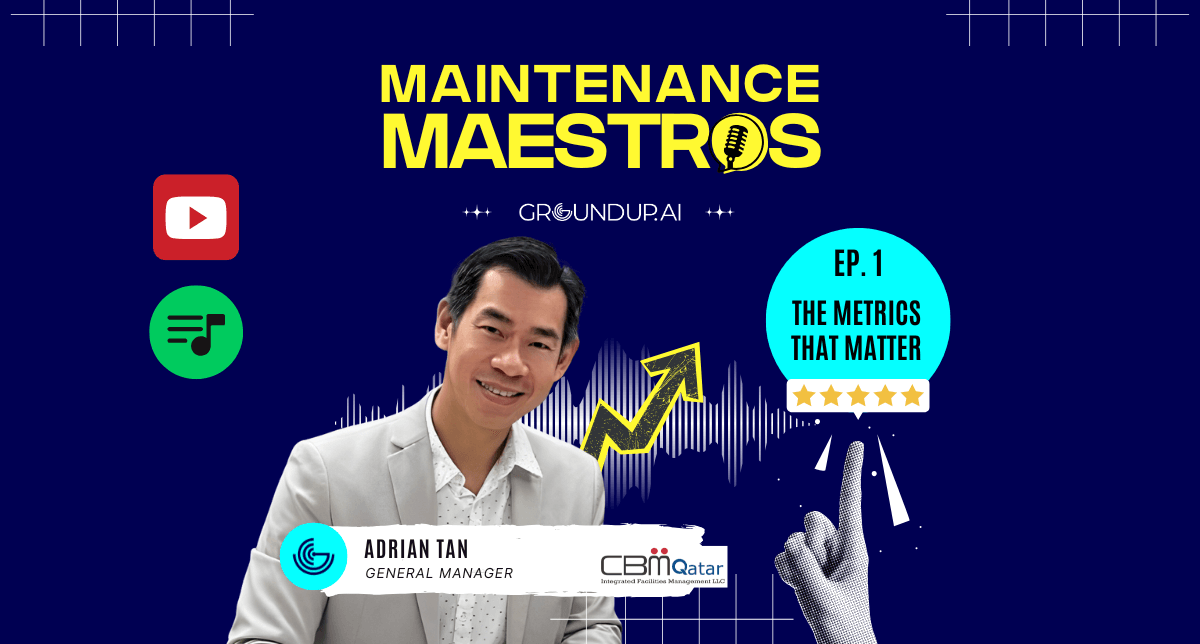AI is no longer only a popular term in the industrial world. It is now a major factor in improving efficiency, safety, and innovation. Industries are testing AI with pilot projects, yet the real test is making these projects work in daily operations. In this blog, we explore how industrial service providers can transition AI from a test phase to a fully integrated, productive solution.
The Promise Of AI In Industrial Services
AI is being used more by the manufacturing, energy, and logistics industries to optimize how they work. AI can help companies:
- Find equipment failures before they happen
- Lower downtime and reduce maintenance expenses
- Improve quality control in production lines
- Enhance supply chain management
- Increase safety for workers
For example, a factory might use AI to check machines and find faults. This lets the maintenance team solve small problems early, preventing costly downtime. The benefits are obvious, but moving from a trial stage to full implementation requires planning.
Starting Small: The Pilot Project
Many companies begin using AI with a pilot project. This is a small experiment that shows businesses AI’s possibilities without spending a lot. A successful pilot focuses on a specific problem, such as:
- Cutting energy consumption in a factory
- Predicting machine breakdowns in a factory
- Automating parts of quality inspection
- Streamlining warehouse storage and logistics
Factors that help a pilot perform well include:
- Defined goals that can be measured easily
- Selection of the right technology and tools
- Engaged team members who understand both operations and AI
- Accurate data collection and preparation
In the pilot phase, companies figure out what works and what does not. They may identify issues with the quality of data or see that some processes are too difficult to automate immediately. This phase matters because it lays the foundation for rolling out fully.
Challenges In Scaling AI
Changing a pilot project into a real AI solution can be hard. The usual challenges are:
- Data Quality and Integration: AI works best with large amounts of accurate data. In many industries, data is spread across multiple systems or types. Bringing these together is often the first problem.
- Change Management: Workers may resist using new tools. Providing clear information and training is important to help them adjust.
- AI technology is complex: It requires ongoing care and updates. Organizations need experts to maintain and enhance these systems.
- ROI Measurement: Proving a clear return on investment matters a lot. Without measurable results, growing AI can be difficult to explain.
If we notice and handle these challenges early, it can turn a weak pilot into an AI solution that works.
Best Practices For Productive AI Solutions
For AI to work well in industrial service, companies should take a structured approach. Here are some tips:
- Focus on Clear Use Cases First: Pick areas where AI can make an immediate difference. Do not attempt to automate everything at once.
- Invest in Data Management: Well-structured and accessible data forms the base for all AI work.
- Set up cross-functional teams: Include people from IT operations and management. This cooperation helps the AI solution be practical.
- Check Performance Regularly: Track main metrics to understand AI impact. Update models and processes from real feedback.
- Early Scaling Ideas: Consider how the pilot’s achievements could be used in other business areas.
These steps help companies limit risks and raise the chances that AI deployment will succeed.

Real-World Examples
AI is commonly used for predictive maintenance in industrial service. This is how it works.
- Sensors track real-time machine data.
- AI checks patterns to find any issues.
- Maintenance staff are alerted before a failure.
- Fixes are planned in advance, saving time and money.
Businesses that apply predictive maintenance usually see major advantages, including:
- Fewer sudden stops
- Lower service costs
- Machines last longer
- Better production flow
To move from a small pilot to a full predictive maintenance program, careful planning, proper training, and technology investment are needed. The results show it is worth the work.
Future Trends In AI For Industrial Service
AI in industrial service is evolving quickly. Some trends to watch include:
- AI Digital Twins: Online versions of equipment and processes that can simulate performance and detect issues before they happen.
- Advanced Robotics: Robots that can think and complete hard tasks alongside humans.
- Edge AI: AI runs on the device or sensor itself, lowering lag and improving real-time choices.
These innovations will help industries work better and increase productivity in the future.
Final words
AI is making industrial service smarter, taking pilot projects to real results. With clear goals, reliable data, and collaboration, companies can gain efficiency and new ideas.
Discover how Groundup.ai can help your business apply AI today.












